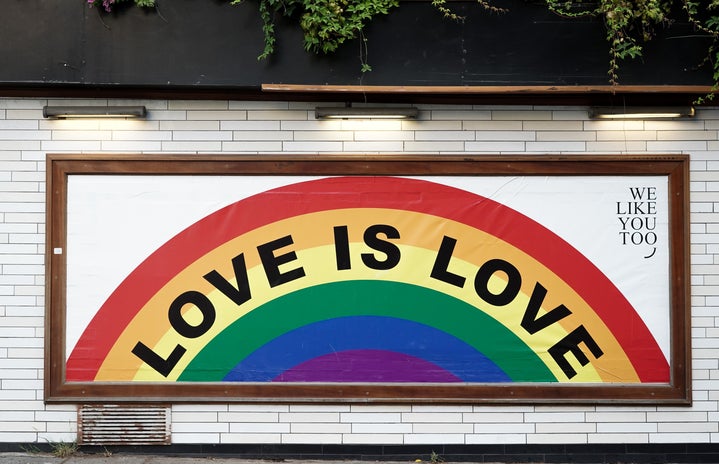The Parental Rights in Education bill in Florida, popularly referred to as the “Don’t Say Gay” bill, has been making its way through countless current event discussions over the past few weeks. So, what exactly is this bill, and what does it mean for not only Florida students, but students all across the U.S?
What is it?
The “Don’t Say Gay” bill, which was recently signed into legislation, prohibits Florida K-3rd grade classrooms from having virtually any conversations with their students regarding sexual orientation or gender identity. Past third grade, students will be allowed to be introduced to this material, but only if it is deemed to be “age-appropriate.” Enforcers of this law claim that its purpose is to curb any intense or “radical” discussion regarding these topics away from children in an educational setting. Even more upsetting, is that these groups also argue that the law will protect their children’s innocence and purity, as they seem to believe that introducing any form of queer education will cause harm and dysfunction to the students.
What does this mean for students?
The first time I heard about this bill, I’ll admit that I did not pay it too much mind. It initially seemed like such a juvenile concept, and I was doubtful of it having any true, legislative success. Although I’m thankful that this bill has not spread past Florida for the time being, I have a great amount of sympathy for Florida students and any LGBTQ+ individuals being affected by this bill. For students coming from a household with queer parents, I worry that this bill will make them feel as though their family must be kept a secret. Students will begin to have a very warped view of sexuality and gender identity, and how they should respond to it. Additionally, it is no secret that a feeling of shame and secrecy regarding one’s sexuality and identity often leads to mental health issues. Making queer relationships or identities taboo for young children is a dangerous decision, and is an enormous setback for LGBTQ+ communities all over the country in 2022.
I have hope that Florida students and teachers will be able to find ways to be inclusive to all individuals, but having this bill become a reality in 2022 is worrisome. Overall, I think the best way to view this situation is by taking note of all the positive strides that have been made over the past decades regarding LGBTQ+ rights and inclusion. No one should decide who’s relationship is worthy of celebrating, and even more importantly, no one should determine who’s entire identity must be kept to themselves.


